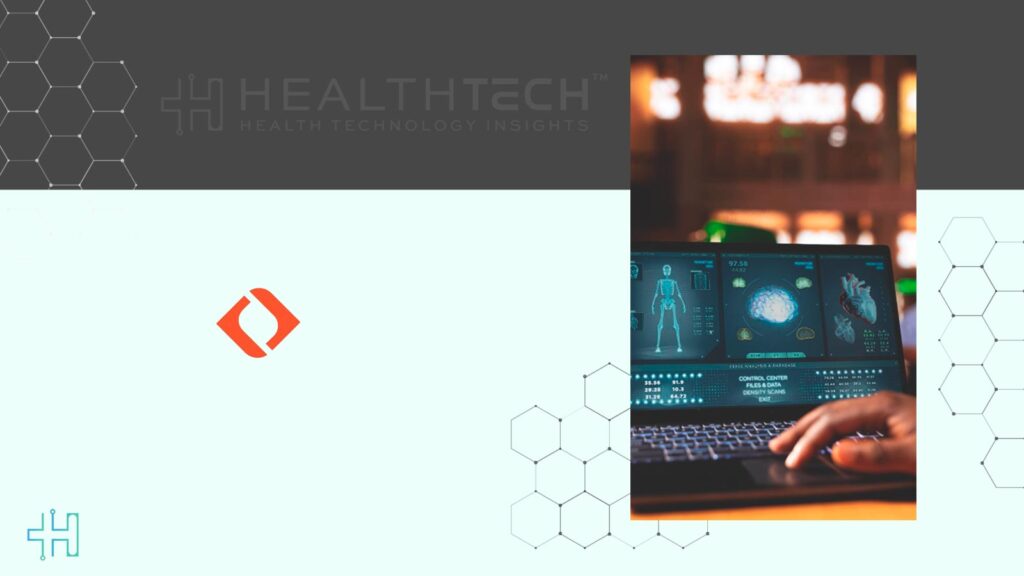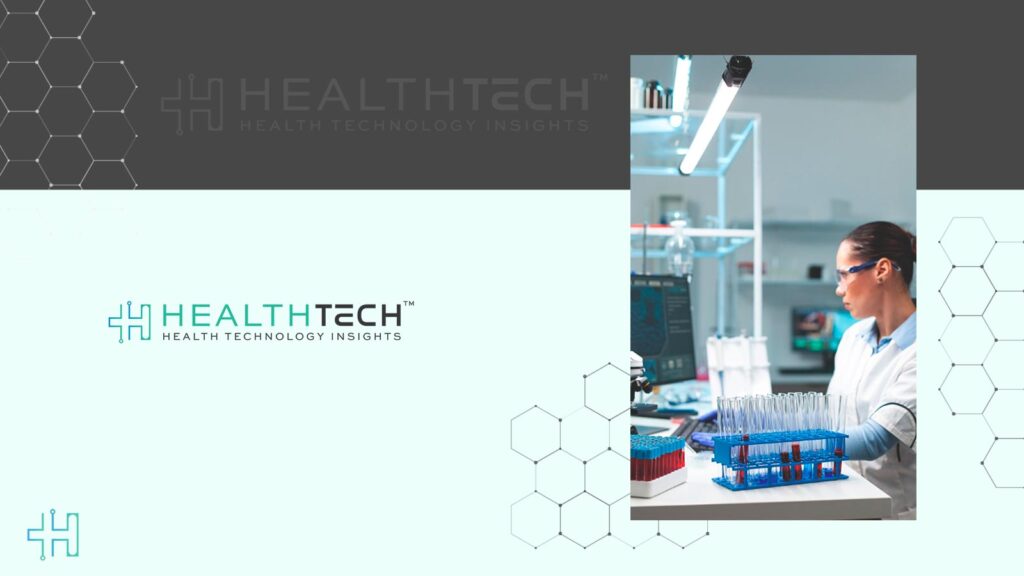Jay Mandal, Chief Product Officer at Theo AI | Predict Legal Insights with Clarity | Predict Legal Insights with Clarity, has written a whitepaper with Dr. Megan Ma, who leads the Stanford Legal Innovation through Frontier Technology Lab. The paper, called Building for Production: A Revised Playbook for Enterprise-Ready Generative AI Solutions, explains how businesses can properly bring generative AI into use at a large scale. It was published by Stanford Law and offers a strong, practical guide for companies moving from testing AI ideas to putting them into real use.
Health Technology Insights: Hippocratic AI Earns SOC Report for Healthcare AI Security
The paper is based on Mandal’s experience in AI product development, including his roles at Theo AI, SAP, and the Google Ventures-backed LawPivot platform. He also has a background in mergers and acquisitions at Apple. Dr. Ma brings her knowledge of law and AI system design to the project. Together, they created a guide that helps companies overcome common problems when trying to turn promising AI tests into ongoing, working solutions. Their work is part of their active involvement in teaching and research at Stanford.
The whitepaper introduces several important ideas that challenge how people usually approach generative AI. One key point is rethinking what product-market fit means for AI tools. Instead of just finding a working use case, Mandal and Ma stress the need to focus on user experience, how data is handled, and managing problems like AI making up false information. They also promote a fast development method called “vibe coding” that allows for quick testing and tweaking.
Health Technology Insights: VOKA’s 3D Anatomy Atlas Hits 100K Monthly Users
Another big idea is moving toward “verticalization.” The authors say that creating AI solutions that are tailored to specific industries, such as healthcare, law, or finance, gives companies a better chance of success than using general-purpose large language models. These industry-specific tools are better suited to handle the strict rules, accuracy needs, and workflow challenges of high-stakes environments. The paper also points out five major gaps that prevent enterprise AI pilots from becoming full-scale systems. These include a lack of clear plans for integrating AI into existing systems, unclear ways to measure success, and a lack of trust from end users. Mandal and Ma argue that tackling these issues early in the development process can make the difference between a failed experiment and a successful AI rollout.
The paper also looks at how the role of product leaders is changing. In high-risk areas, product leaders now have to be involved in every part of the process—from planning to ensuring that updates after the launch meet user needs and legal and compliance standards. They suggest that product teams start working closely with legal, engineering, and compliance experts right from the beginning. Dr. Megan Ma said that even though generative AI is still getting a lot of attention, many companies are struggling to turn that interest into real results. She believes the next step is creating AI tools that actually solve specific workflow problems, not just chasing generic solutions. She feels that the excitement around AI has peaked, and now is the time for organizations to focus on making AI systems safe, legal, and truly helpful. Jay Mandal added that while generative AI has a lot of potential, that potential isn’t being fully realized without proper preparations for real-world use. He sees the new playbook as a way to move from excitement to actual results, helping developers build AI tools that offer long-term value. The whitepaper is the result of the authors’ academic work at Stanford Law School. Mandal is a guest lecturer and a Fellow at Stanford CodeX, where he shares his insights on AI product development, law, and the ethical issues around new technologies.
Health Technology Insights: HealthEquity’s AI-Powered Tool Recognized for Innovation in Streamlining Benefits Education
To participate in our interviews, please write to our HealthTech Media Room at sudipto@intentamplify.com




